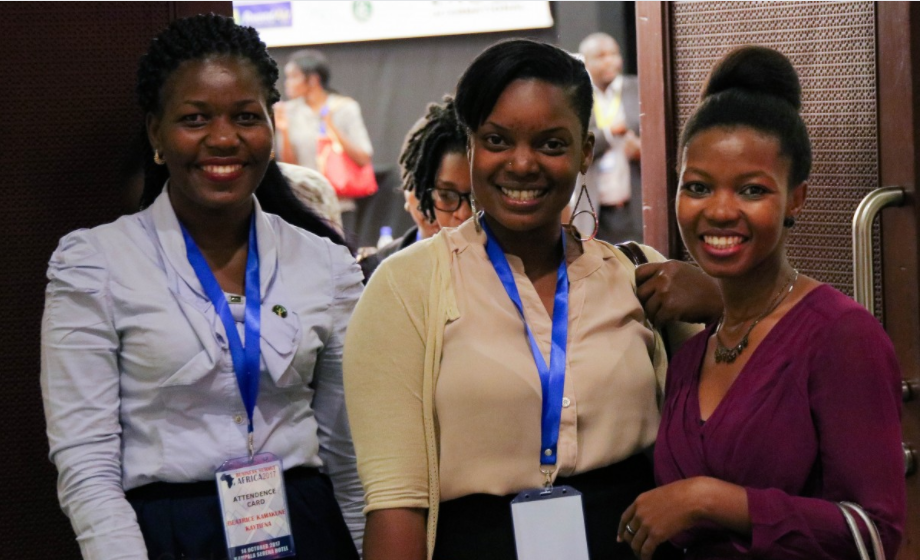Kenya ramps up ecosystem restoration efforts with capacity-building workshop
The workshop was designed to boost the skills and knowledge needed to implement the National Landscape and Ecosystems Restoration Strategy effectively.

In a decisive move to forward Kenya's ambitious ecosystem restoration goals, a four-day capacity-building workshop was held from March 12 to 15, 2024. The workshop was designed to boost the skills and knowledge needed to implement the National Landscape and Ecosystems Restoration Strategy effectively.
Under the leadership of President William Samoei Ruto, Kenya has committed to an audacious target of achieving 30% tree cover by 2032 as part of a broader 15 billion tree planting initiative. This initiative not only aims to combat the impacts of climate change but also to generate employment and enhance livelihoods through the promotion of nature-based solutions (NbS).
Organized collaboratively by the International Labour Organization (ILO) PROSPECTS project, the ILO's Employment Intensive Investment Programme (EIIP), and the International Training Centre of the ILO (ITC-ILO), the workshop brought together a diverse group of stakeholders. Participants included representatives from the 15 Billion Trees Secretariat, the State Department for Forestry (SDF), Kenya Forestry Research Institute (KEFRI), various county governments, refugee-led organizations, and numerous national and international NGOs.
Lilyanne Ndinda, the National Project Coordinator for the ILO PROSPECTS, emphasized that the workshop’s main goal was to integrate principles of Decent Work, Green Works, and NbS into the national restoration strategy to foster sustainable development and create decent jobs.
One of the key outcomes from the workshop was the promotion of a pro-employment and green jobs approach within ecosystem restoration efforts. Estimates indicate that the implementation of the national strategy could generate between 400,000 to a million jobs annually.
The workshop also heightened awareness about the impacts of climate change and biodiversity loss on livelihoods, highlighting the crucial role of the national ecosystem and landscape restoration strategy. A significant achievement was the integration of NbS principles into restoration efforts, focusing on leveraging local resources and promoting inclusivity.
Looking ahead, stakeholders outlined several steps to enhance restoration efforts further. These steps include strengthening NbS capacity building, developing productivity norms and databases for NbS, and establishing standards and guidelines for monitoring decent work within restoration projects. Efforts will also focus on promoting gender-inclusive approaches in restoration activities and aligning policies to expand employment opportunities within these initiatives.
Veronica Nyambura Maingi, an HR representative from the 15 Billion Trees Growing Secretariat who attended the workshop, shared her optimism: "Green Jobs can help us achieve the goals of the 15B initiative. The NbS training with the ILO provokes a more sustainable approach in creating jobs and adds value beyond just planting trees. We gained insights into value chains and enhancing livelihoods."
This workshop marks a significant advancement in Kenya's vision for a greener and more sustainable future, demonstrating a robust collaborative effort towards achieving the nation's restoration and climate goals.
- READ MORE ON:
- Kenya
- International Labour Organization
- William Samoei Ruto










